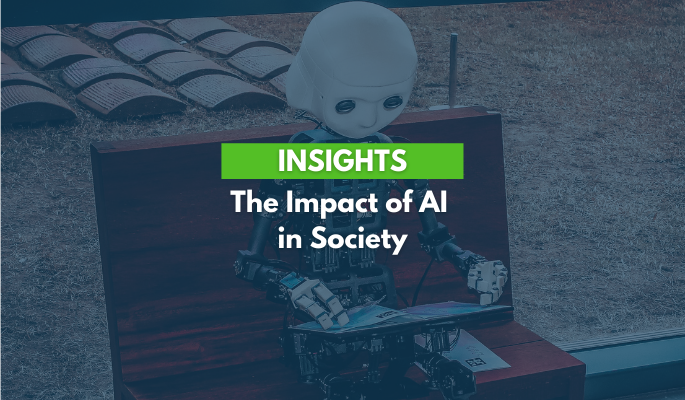
-
- Potentially, in about 30 years from now, we will be able to upload our minds to the cloud and participate collectively to steer decision-making for the human race. Some might decide to remain in their biological forms and live as we are, others might decide to implant the chip in their brain and become part of the cloud and live forever.
-
- At present, AI can analyse vast amounts of data more rapidly than the human race. The challenge is in how we take ownership, leverage and utilise this data? The device we carry around can measure most of our biometrics. If this data, for example from Wuhan China had been decentralised and democratised, instead of sitting in a non-accessible server, then better decisions could have been made by medical professionals to contain the pandemic.
-
- A decentralised finance sector will increase the ability for more people to create wealth, with AI better able to objectively and quickly analyse the markets, sentiments, volatility and strategies.
-
- Large populations in underdeveloped economies that are not even banked at present, can leapfrog into advanced AI technologies, and become more prosperous.
-
- While you are sleeping, AI can help your avatar in the digital world have an algorithmic approach and can carry out certain mechanism in the metaverse, whether it’s creating art of trading in cryptocurrencies.
-
- Through blockchain and AI, the future is a world where everything can potentially be decided by a large community of people, rather than a few big companies and countries.
-
- Traditionally AI has been used by the military sector, marketing and the legal institutions, but needs to move into all sectors that are in better service of mankind.
-
- The transformation of the future corporate structure and governance in a decentralised world could make the role of a CEO irrelevant. Governance models can become autonomous with companies self-regulating due to high level of participation and democratisation in the decision-making ecosystem.
-
- Sophia, the robot created by David Hanson, could one day become conscious, through a collective participation of a large community of people who will share their lives with her.
-
- For Sophia, the process of conscious creation and experience progressions will be derived from the human experiences participating to the growth of Sophia’s intelligence through the decentralised processes. She will be able to experience love, joy, sadness, compassion…she will literally learn from human beings what all these emotions are and eventually become conscious.
- To continue the discussion CLICK HERE

